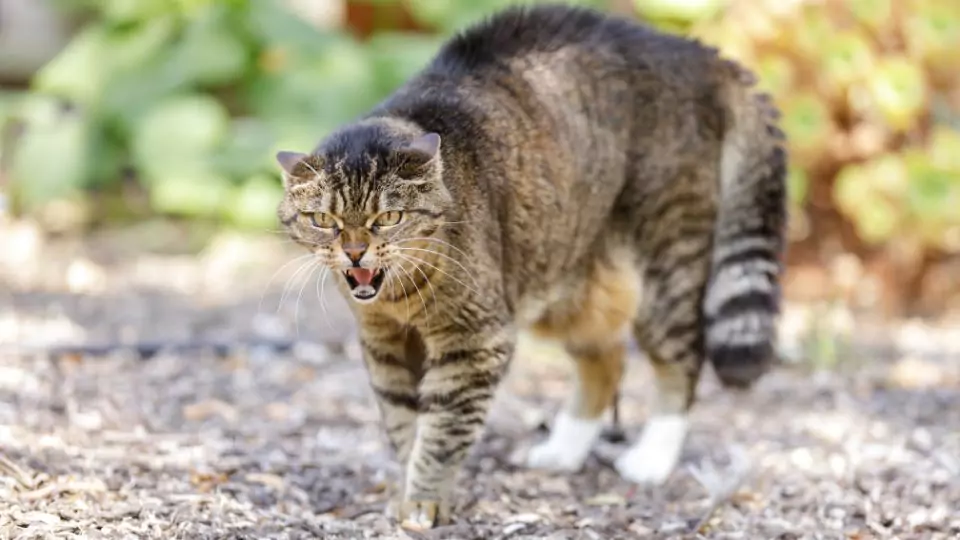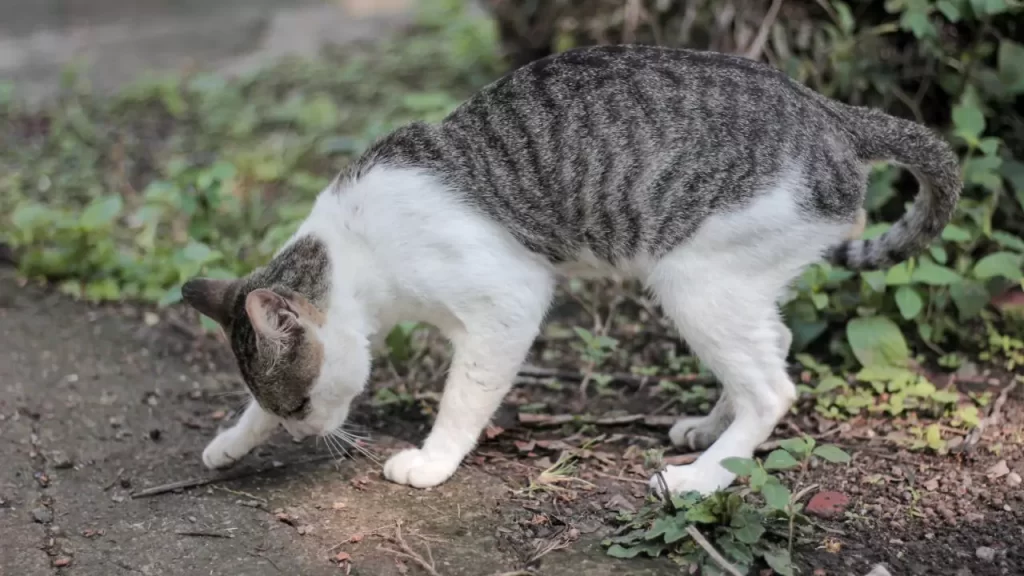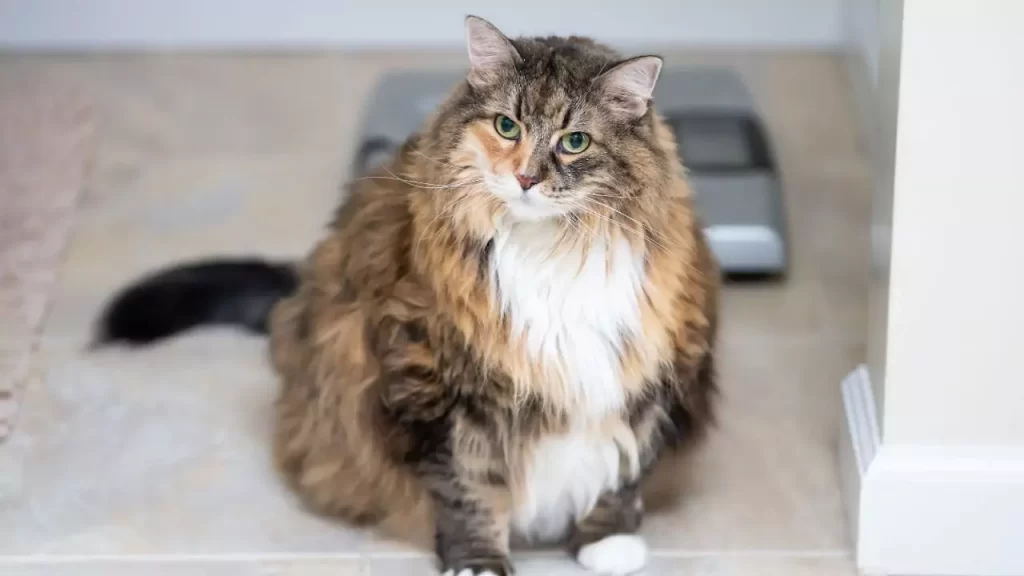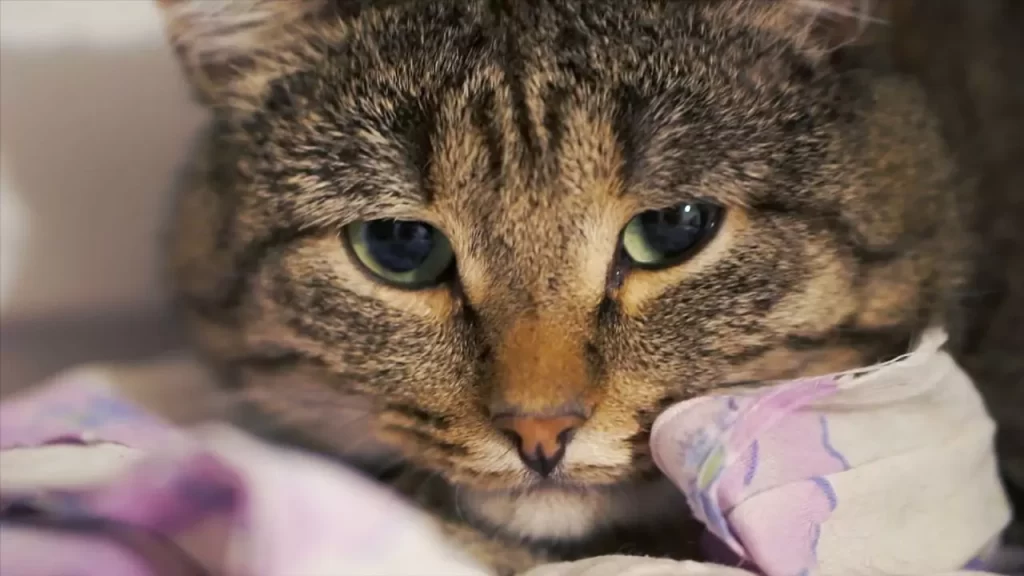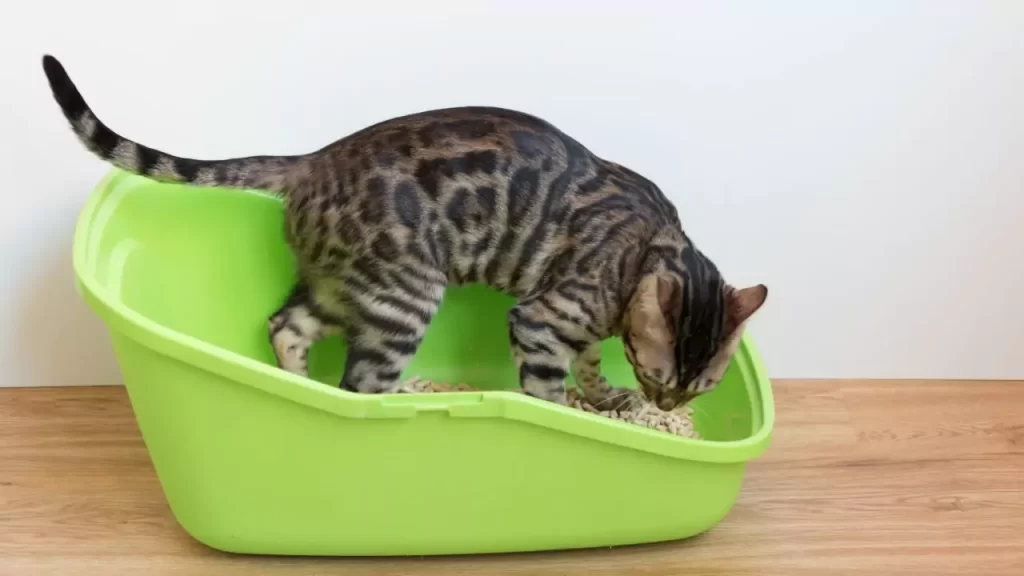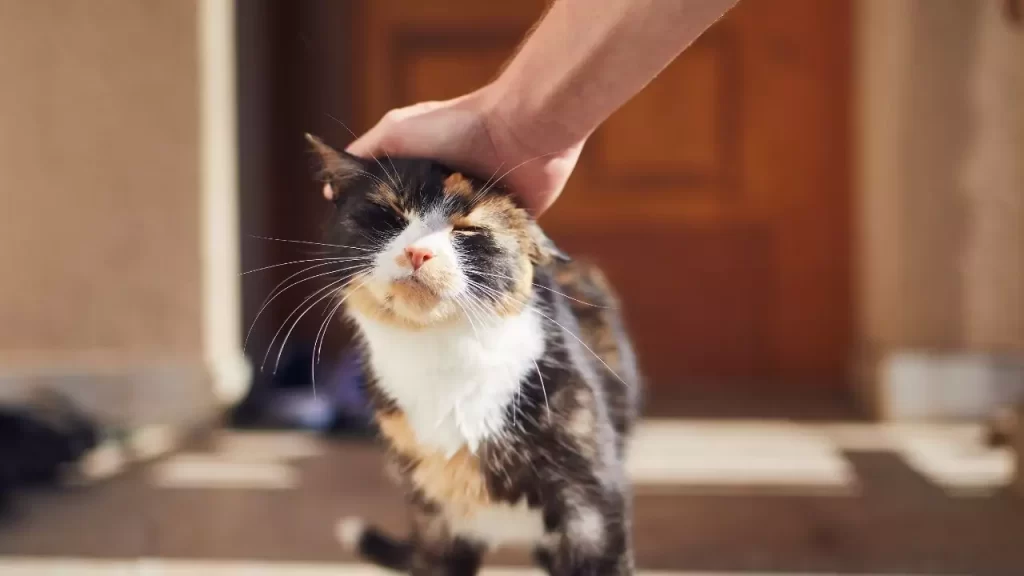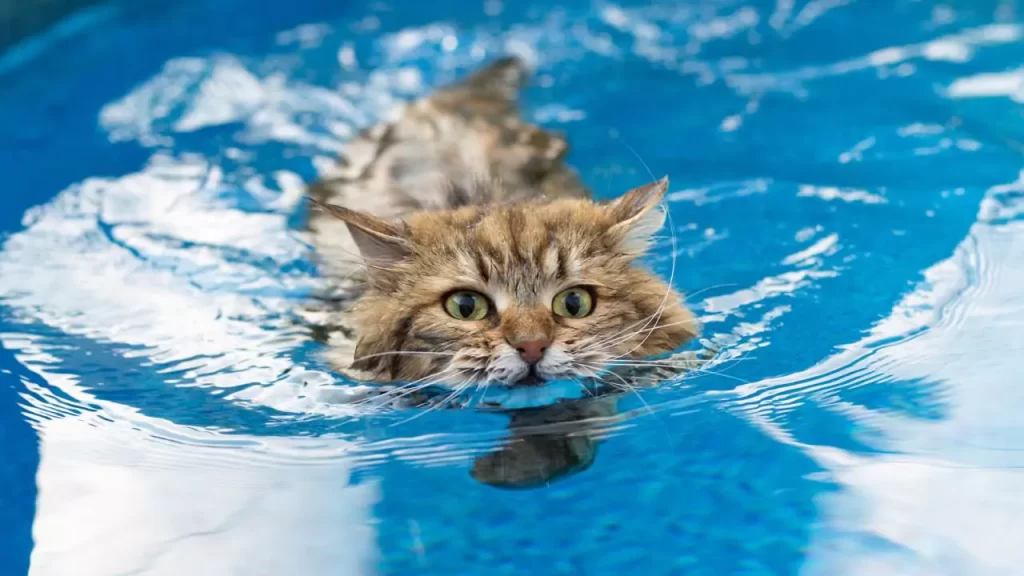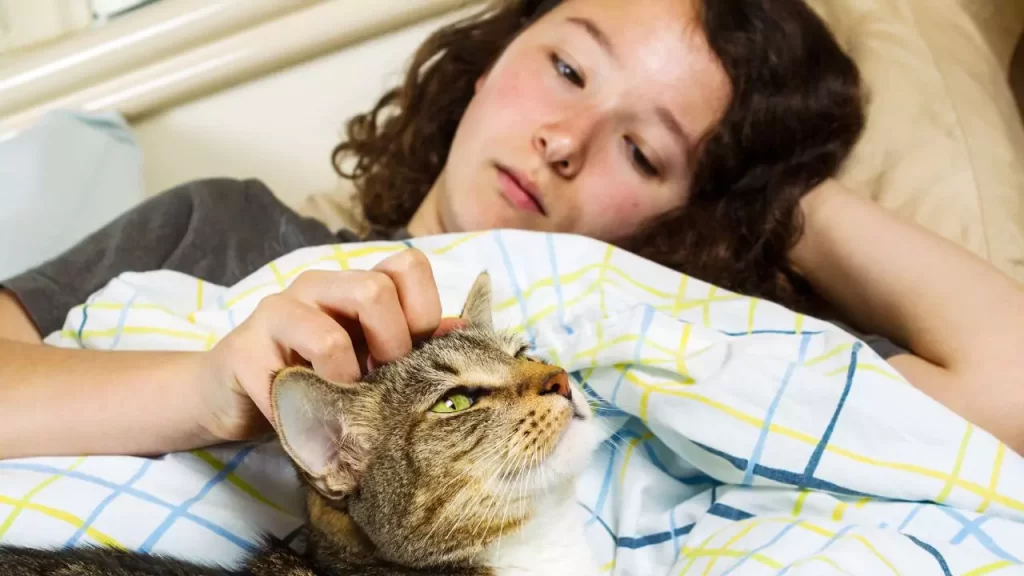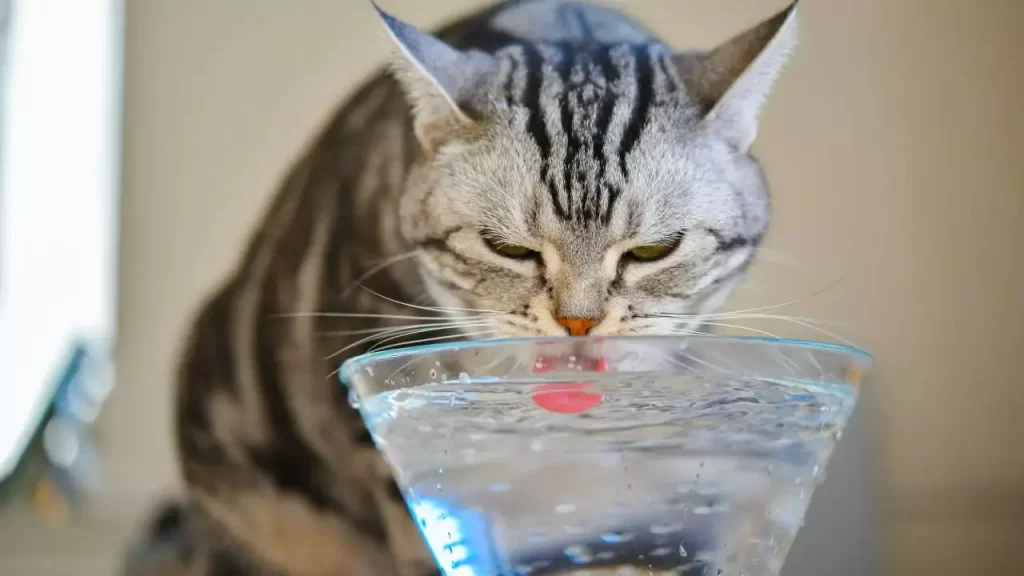Author: Dola Singha
Dola Singha is a cat enthusiast with a lifelong love for feline companions. She is an expert in all aspects of cat care, from nutrition and behavior to training and health.
Cats can’t hold active grudges, as their brains only retain short-term memories for up to 16 hours. However, they may demonstrate behavior that looks like a grudge, but it probably doesn’t have the same underlying causes as a human grudge. Cats generally forgive quickly, especially if you already get along well with them. For many cats, small offenses are forgotten quickly, so it’s likely that everything will be okay in a few hours to days. It may look like kittens are easier to forgive than older cats, but they don’t remember things as well. The amount of time that cats…
Cats can hold their poop for approximately 24-48 hours, with the average feline capable of withholding it for about 36 hours. While it’s not ideal for a cat to go beyond this timeframe, it’s generally not harmful. However, any period exceeding 48 hours warrants concern, necessitating a prompt consultation with a veterinarian. Factors That Affect How Long a Cat Can Hold Their Poop There are many factors that can influence how long a cat can hold their poop, such as: Normal Pooping Frequency for Cats Most cats poop about once a day, but it’s also normal for a cat to…
Kittens affected by feline distemper, also known as Feline Panleukopenia, can become severely ill, leading to a condition known as “fading kitten syndrome”. Symptoms typically manifest two to seven days after exposure to the virus, with a rapid onset. Unfortunately, there is no known cure for feline distemper, and the disease has a high mortality rate without treatment. However, prompt medical intervention increases the chances of a full recovery. Treatment may involve quarantine from other animals, thorough cleaning, and disinfection of the surroundings. The duration of illness is usually 5 to 7 days, and affected cats may exhibit symptoms such…
Feline Infectious Peritonitis (FIP) is a disease that is incurable and fatal for cats. The average life expectancy for cats with FIP is two months or less from the time of diagnosis. In one study, half of the cats with FIP died within nine days. However, some cats may live for several months. The wet form of FIP is fatal within about five weeks of diagnosis. The dry form is also dangerous, but cats that get it may live for a few months. The “wet” form of FIP includes the effusion of thick, yellow fluid. The “dry” form is more…
If a cat’s urinary tract infection (UTI) goes untreated, it can lead to ongoing discomfort and potentially serious complications. For male cats, waiting even a few hours can be fatal, while for female cats, it is recommended to feed them canned food only and seek veterinary attention within 24 hours. UTIs in cats, if not treated, can result in complications such as bladder stones or a kidney infection called pyelonephritis. Most cats will die within 72 hours if left untreated for a urinary tract infection (UTI). Understanding Cat UTIs What is a UTI in Cats? A UTI is an infection…
A healthy cat should pee at least once every 24 to 48 hours. If your cat goes longer than that, it could indicate a serious health problem that needs immediate attention. In fact, if your cat does not pee for more than 72 hours, it could be life-threatening. Peeing is a natural and essential function for cats. It helps them eliminate waste and toxins from their body, regulate their blood pressure, and maintain their hydration. Peeing also allows cats to mark their territory and communicate with other cats. Therefore, any changes in your cat’s peeing behavior should not be ignored.…
Cats can remember people for up to 10 years. However, if a person only interacts with a cat once, the cat may only remember them for about 16 hours. If a visitor has a strong emotional connection with the cat and visits frequently, the cat may remember them for years. Cats have short-term memories that last about 16 hours. However, they also have long-term and lifelong memories. Cats may also have selective memories. A 2013 study published in the journal “Behavioral Processes” found that cats can remember their owner’s voice for up to 10 years, even after long periods of…
Cats can hold their breath underwater for about 2-5 minutes, driven by a reflex action that aids in their survival. This innate ability allows them to swim to the surface if needed. While not all cats enjoy the water, they possess a natural instinct to swim, ensuring they stay afloat and can swiftly paddle to safety if accidentally submerged. Can Cats Hold Their Breath Underwater? Cats have a survival reflex called the mammalian diving reflex that prevents them from drowning if they accidentally fall into the water. This reflex allows cats to hold their breath underwater for about 2–5 minutes,…
Domestic cats, being crepuscular animals, tend to wake up at dawn, typically between 5 and 6 o’clock in the morning. This behavior aligns with their natural activity cycles, which are most active during the early morning and dusk. If your cat’s waking time precedes yours, establishing a consistent routine might help modify this behavior. In line with their crepuscular nature, domestic cats are more active in the early morning and late evening. Cats are interesting because they can change their behavior schedules to match the schedules of the people they live with. This means that if you sleep at night,…
Cats can survive without water for approximately three to four days. Within the first 24 hours of not drinking water, cats may become dehydrated, leading to stress on their organs, potential electrolyte imbalances, and the risk of organ damage. It is crucial for cats to have access to fresh water daily to maintain their well-being. In this article, we will explore how much water cats need, how to tell if they are dehydrated, why they may not be drinking enough water, and how to encourage them to drink more water. How Long Can Cats Go Without Water? Recommended Amount of…




